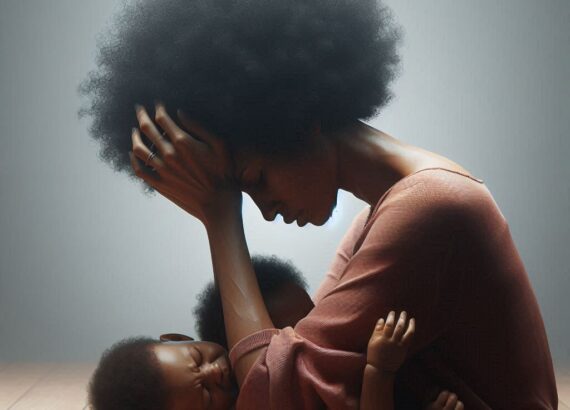
The trajectory of Black families in America has been shaped by historical forces, from the Jim Crow era to the post-civil rights welfare state. Let’s delve into the transformation of Black family structures and examine how external factors influenced their well-being and resilience.
Jim Crow Era: Thriving Two-Parent Homes
The Strength of Black Families
Marriage and Stability: During the Jim Crow era, Black families often thrived within two-parent households. Despite systemic racism, economic challenges, and social inequalities, strong marriages provided stability for children.
Community Support: Extended families, churches, and community networks played crucial roles. They provided emotional support, financial assistance, and a sense of belonging.
Challenges and Resilience
Racial Discrimination: Black families faced discrimination in housing, education, and employment. Yet, their resilience allowed them to create nurturing environments for their children.
Emphasis on Education: Parents prioritized education as a pathway to upward mobility. They instilled values of hard work, perseverance, and community engagement.
Post-Civil Rights Era: Struggling Single Mothers
The Welfare State and Its Impact
Shift in Family Dynamics: The welfare state, while providing essential support, inadvertently disrupted traditional family structures. Assistance programs often penalized married couples, leading to an increase in single-parent households.
Stigma and Stereotypes: Black single mothers faced negative stereotypes, perpetuated by media and political discourse. The image of the “welfare queen” reinforced racial biases and obscured the complexities of their lives1.
Economic Challenges
Poverty and Unemployment: Economic disparities persisted. Single mothers, especially those without higher education, struggled to make ends meet.
Lack of Support Networks: Extended families fragmented due to urbanization and migration. Community ties weakened, affecting the safety nets that once sustained families.
Moving Forward: Strengthening Black Families
Resilience and Empowerment
Education and Economic Opportunities: Investing in education and job training remains crucial. Empowering Black women economically enhances family stability.
Community Rebuilding: Strengthening community networks, mentorship programs, and affordable childcare can provide vital support for single mothers.
Challenging Stereotypes: Advocacy efforts must challenge harmful stereotypes. Black single mothers are not a monolith; their stories are diverse and multifaceted.
As we reflect on the journey from thriving two-parent homes to struggling single mothers, we recognize the resilience of Black families. By addressing systemic barriers, fostering community connections, and celebrating diverse family structures, we can create a more equitable future.









